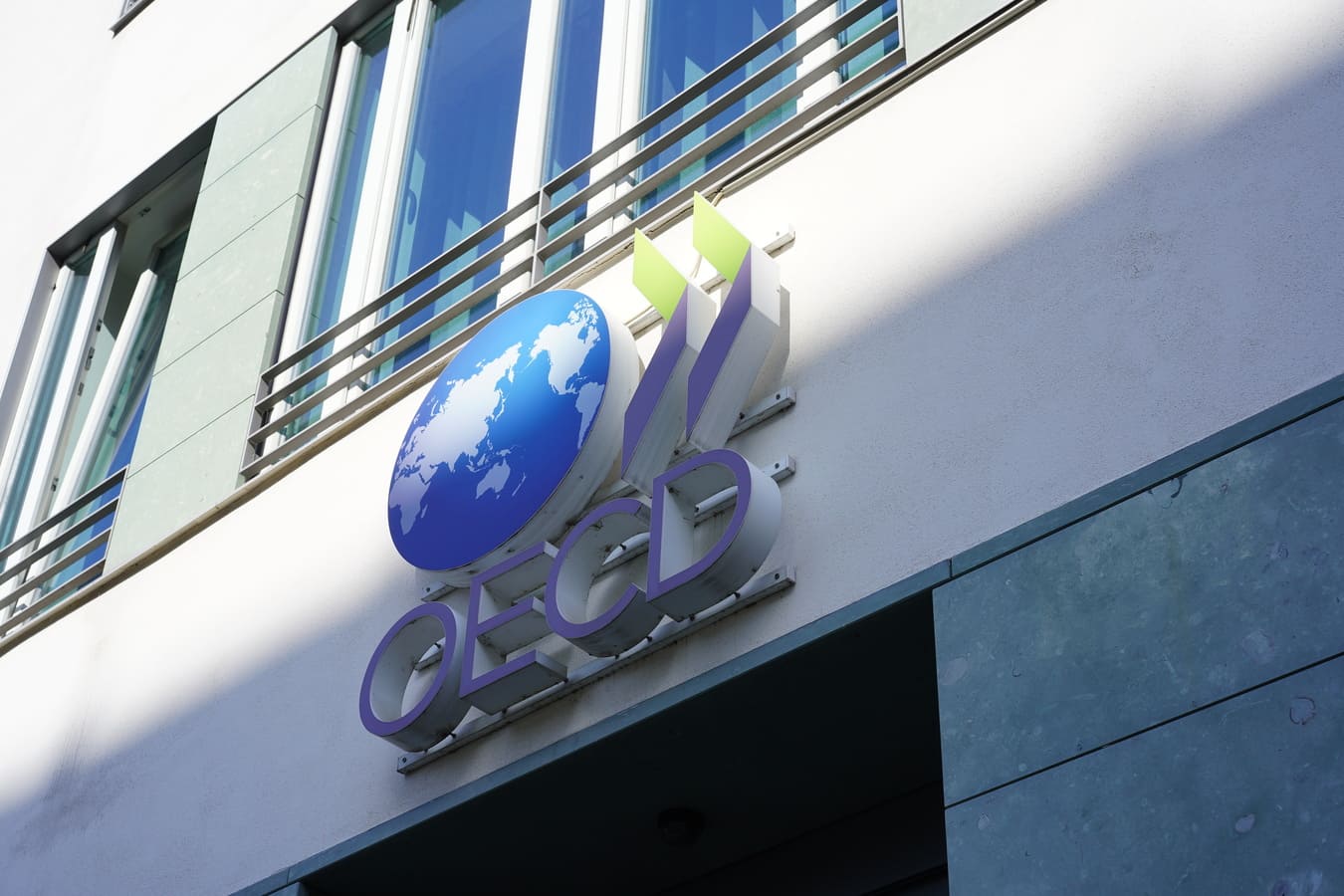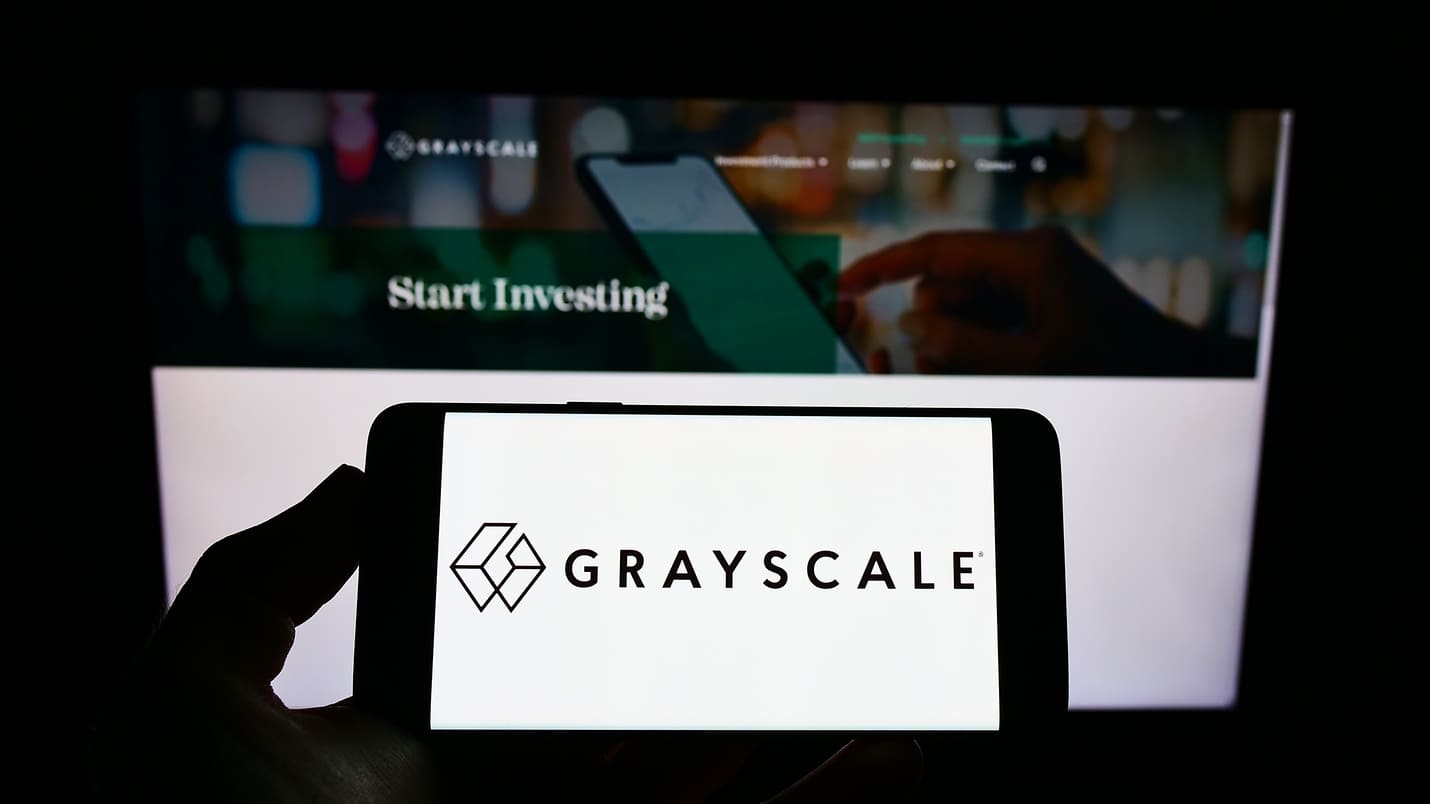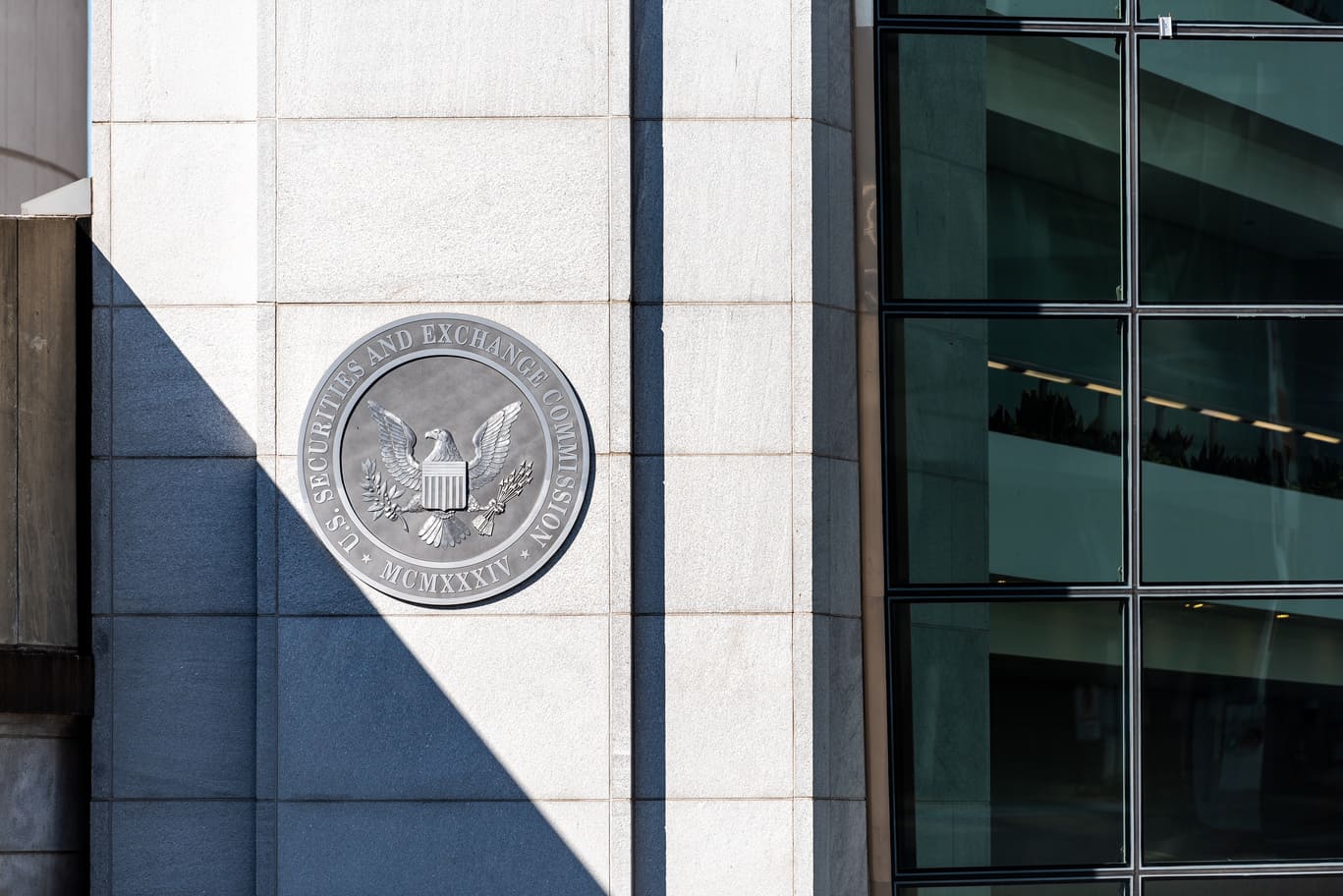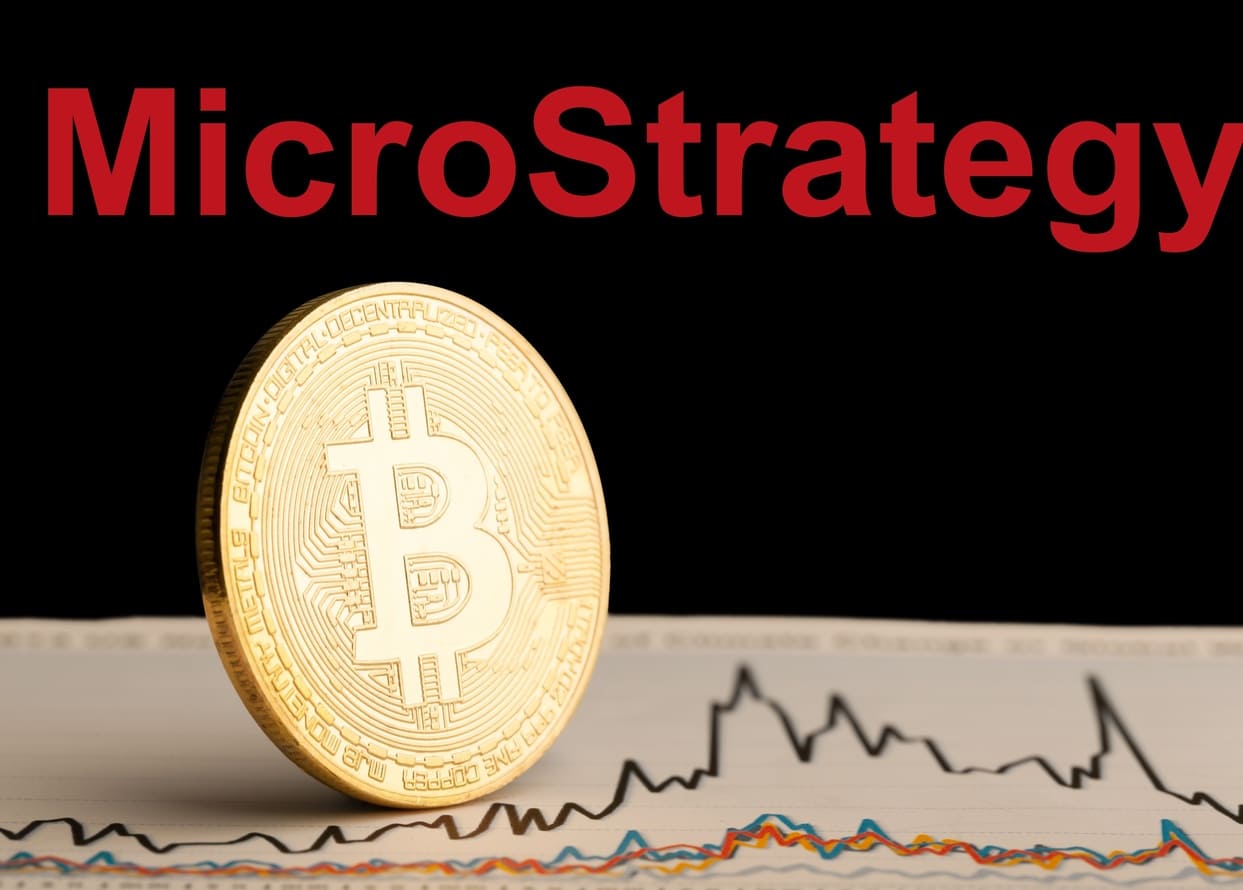
OECD Releases New Tax Transparency Framework For Crypto-Assets
The initiative provides a new global tax transparency framework that defines the reporting and exchange of information with respect to crypto-assets.
The Organization for Economic Cooperation and Development (OECD) has announced the publication of the new Crypto Asset Reporting Framework (CARF).
The framework is intended to provide guidance for “the collection and automatic exchange of information on transactions for relevant crypto,” defining the relevant crypto-assets in scope and the intermediaries and other service providers that will be subject to reporting.
The new transparency initiative, developed together with G20 countries, comes from the need to discipline the use of crypto-assets not comprehensively covered by the OECD/G20 Common Reporting Standard (CRS). In this vein, the CARF will ensure transparency with respect to crypto-asset transactions, through automatically exchanging such information with the jurisdictions of residence of taxpayers on an annual basis, in a standardised manner similar to the CRS.
“The Common Reporting Standard has been very successful in the fight against international tax evasion. In 2021, over 100 jurisdictions exchanged information on 111 million financial accounts, covering total assets of EUR 11 trillion,” OECD Secretary-General Mathias Cormann said. “Today’s presentation of the new crypto-asset reporting framework and amendments to the Common Reporting Standard will ensure that the tax transparency architecture remains up-to-date and effective.”
In doing so, the CARF incorporates recent developments in the global anti-money laundering standards of the Financial Action Task Force. In line with the CRS, the due diligence procedures require the identification of both individual and Entity customers, as well as their Controlling Persons. In light of the CARF, changes have also been made to ensure that indirect investments in crypto-assets through derivatives and investment vehicles are now covered by the CRS, strengthen the due diligence, reporting requirements (including requiring the reporting of the role of each Controlling Person) and to foresee a carve-out for genuine non-profit organisations.
In April 2021 the G20 mandated the OECD to develop a framework providing for the automatic exchange of tax-relevant information on Crypto-Assets. In August 2022, the OECD approved the CARF, which will be officially presented at the G20 meeting in Washington as part of the latest OECD Secretary-General’s Tax Report.





